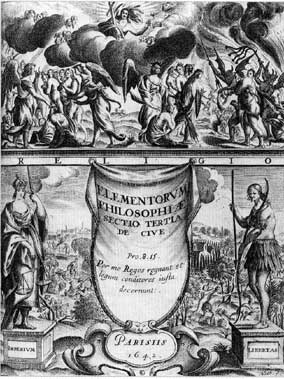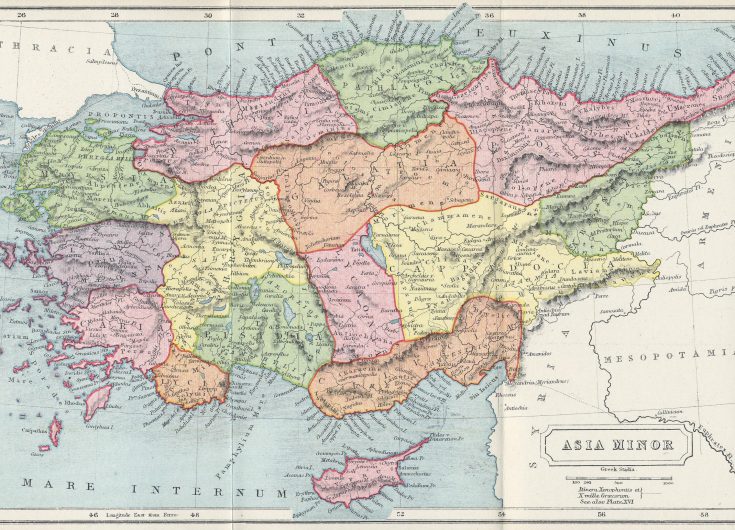

Thomas Hobbes, On the Citizen (1642)
Hobbes’s contribution to international relations theory is, for all its significance, rather indirect. Hobbes sets out to give an account of the origin and preservation of internal political order. His practical intention is to foster peace, primarily within and only secondarily among nations. Yet Hobbes invites us to draw lessons about international relations from his political theory when he identifies the state that countries find themselves in as the state of nature. The way to Hobbes’s theory of international relations is therefore largely inferential in character.





